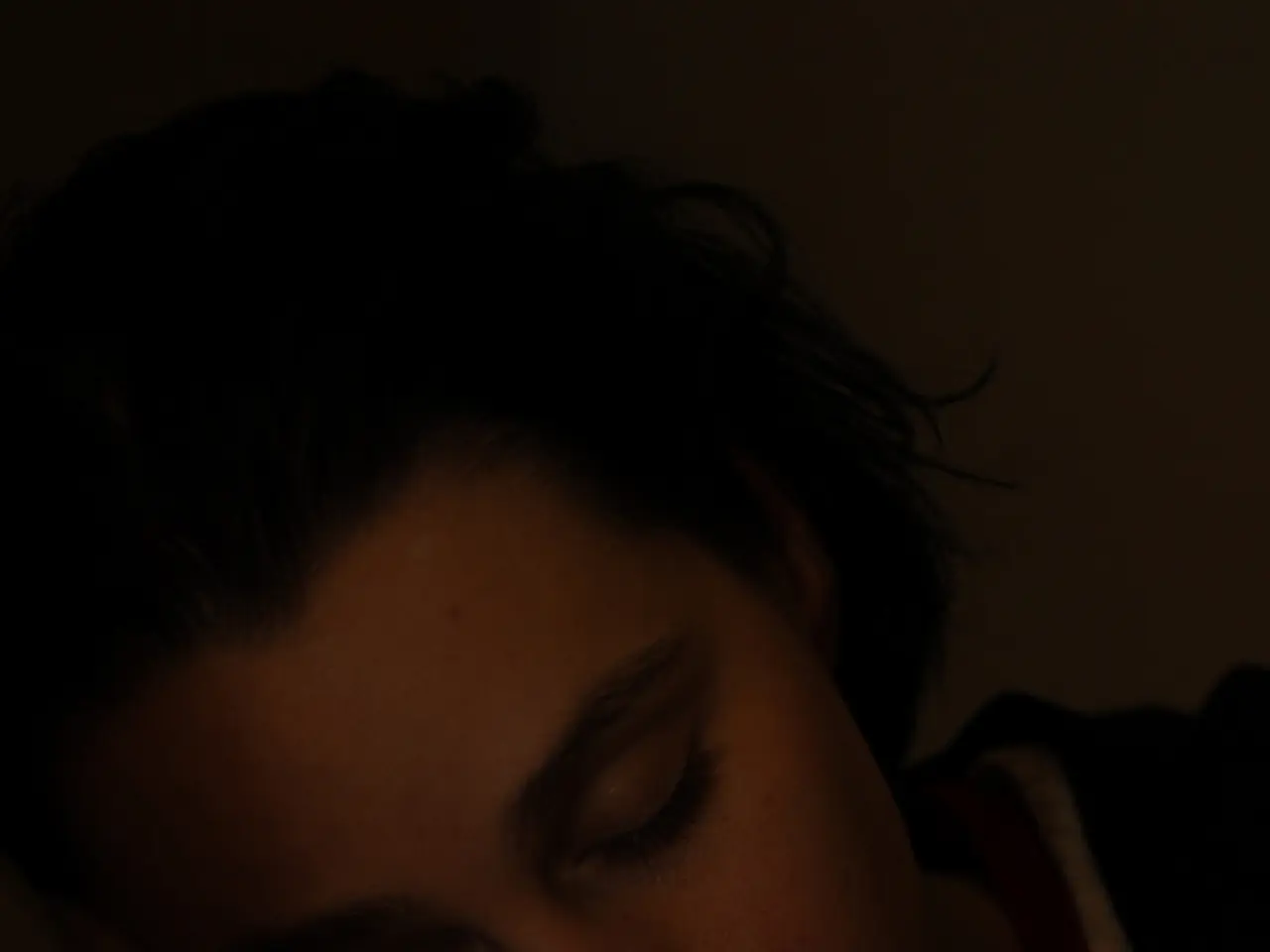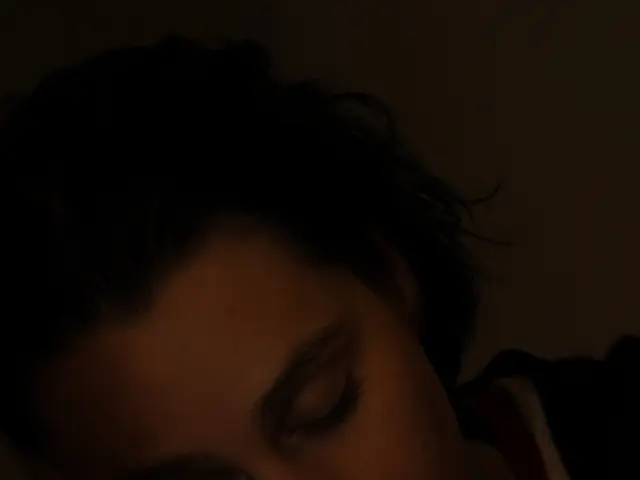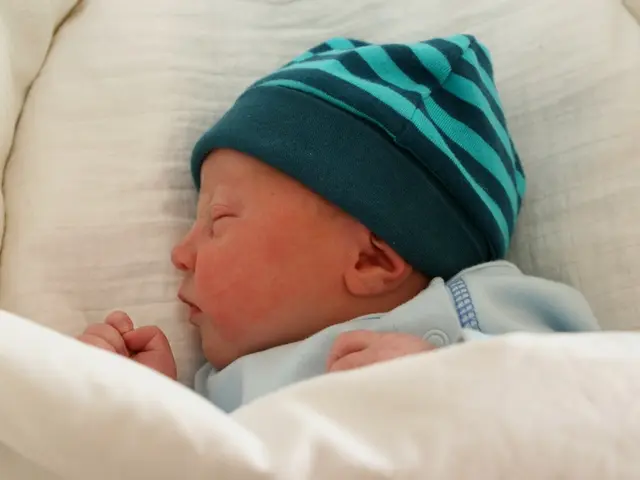The Lowdown on Early Morning Cat-Woken Sleeps with Sleep Guru Christine Blume
- by Verena Carl
- ~ 5 Min.
Is it terrible for my health if my cats consistently wake me up at 5 AM?
Sleep Science
Christine Blume
Lack of Shut-Eye
Sleep Pattern
Sleep Clinic
Snore and Snooze
Daytime Sleep Researcher, Christine Blume, Conducts Studies at Nighttime Hours - Daily routines hold significance for promoting restful evenings, according to sleep researcher Christine Blume.
Christine Blume, a renowned sleep researcher from the University of Basel, stresses the significance of sleep in maintaining our physical and mental well-being. Indeed, those pesky cats of yours disturbing your snooze-time at the crack of dawn could have a noticeable impact on your overall health.
Repeated early-morning disruptions in our sleep can create problems, such as fragmenting our sleep cycles. By doing so, these interruptions can reduce the amount of fulfilling deep and restorative sleep we need and interfere with our circadian rhythm—a crucial and daily-regulating internal process.[1]
This circadian rhythm is largely impacted by light exposure but governs a person's sleep/wake cycle. So, if you're repeatedly woken up in the wee hours by your furry friends, it's quite possible you'll experience sleep deprivation or sluggish sleep quality.[2]
In layman's terms, if your cats love pouncing on you at five in the morning, prepare yourself for consequences like daytime exhaustion, compromised brain function, and mood swings.[1] Additionally, these ongoing sleep disturbances can result in serious long-term health issues, like a weakened immune system and an increased susceptibility to chronic conditions.[2]
To summarize, according to Christine Blume, frequently being disturbed by your catty friends in the wee hours is harmful because it disrupts the essential and natural sleep process which, in turn, negatively impacts both our short-term performance and long-term health by messing with circadian regulation and vital sleep needs.[1][2]
[1] - Sleep, Neurobiology, and Behavior[2] - The Impact of Sleep on Health and Well-Being
6 - 11: The disturbances from your cats at 5 AM could potentially lead to increased daytime exhaustion and mood swings due to compromised brain function, causing a notable decrease in your short-term performance.
15 - 16: Chronic sleep disruptions from your cats' early morning antics may also pose serious long-term health risks, such as a weakened immune system and an increased susceptibility to chronic conditions.








